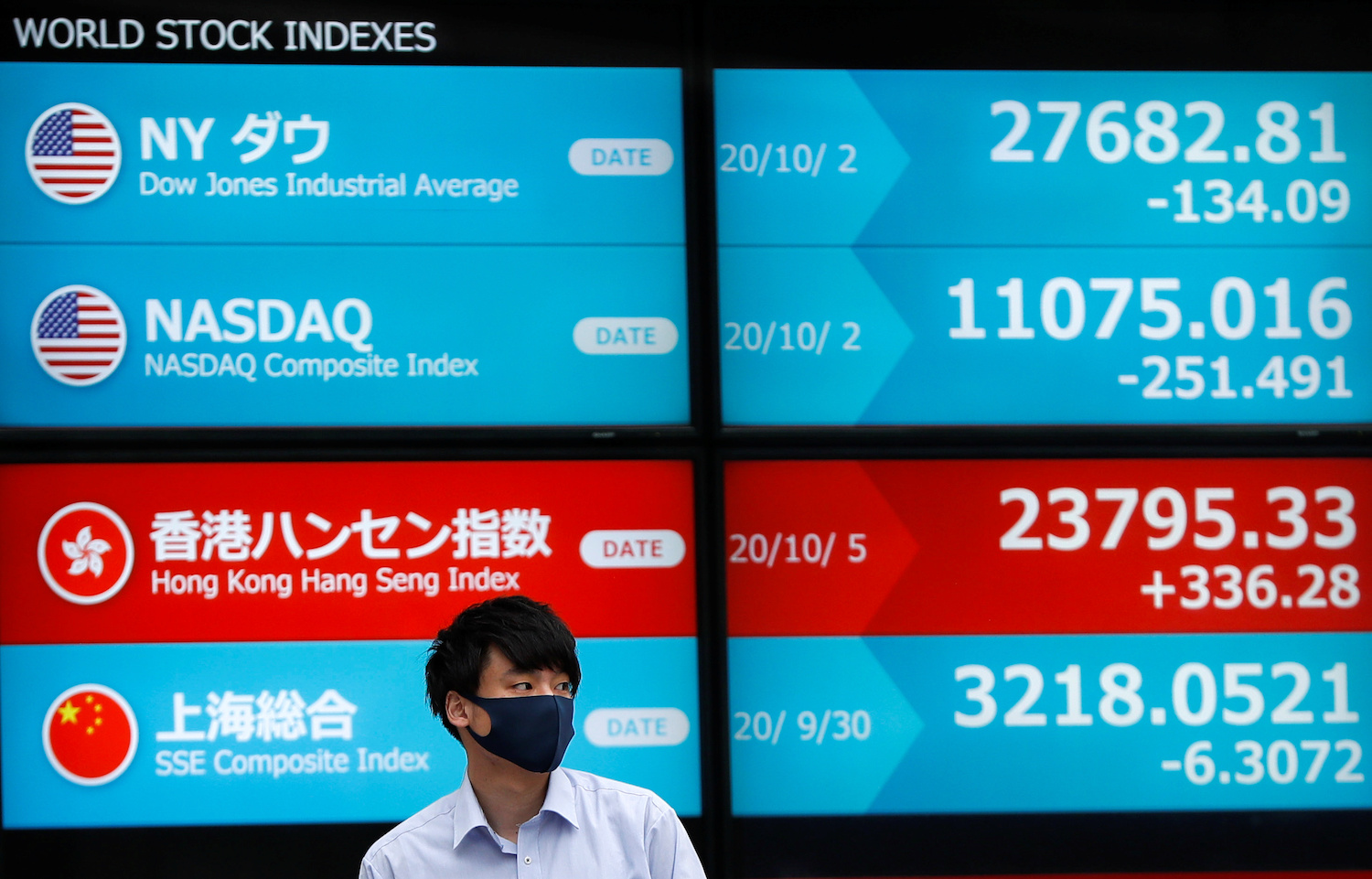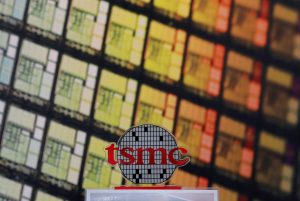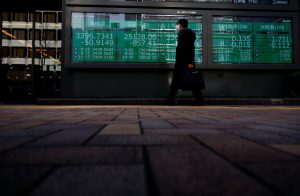(ATF) Hong Kong: Further delays in the US economic stimulus pressured financial markets and investors are now pushing back their expectations of an agreement on the package till after the November 3 elections.
Meanwhile, the pandemic’s rapid spread in the US and Europe continues to trigger concern about the economic revival with most major economies already forecast to contract in 2020.
“The White House and House Democrats have moved closer towards a stimulus deal around $2 trillion but doubts persist over the 60 votes needed in the Senate to pass the bill,” Rates Strategist Duncan Tan and FX Strategist at DBS Bank Philip Wee said.
“The Republicans hold a 53-47 majority in the Senate. Although markets have pivoted towards a Blue Wave (Democrat) election outcome, some asset managers have become wary about taking big directional bets due to the tight race to control the Senate. Of the 35 seats to be contested this year, 12 are too close to call.”
Japan’s Nikkei 225 index slipped 0.70%, Australia’s S&P ASX 200 edged down 0.29% and China’s CSI300 retreated 0.31%, while the regional MSCI Asia Pacific index dropped 0.92%.
Hong Kong’s Hang Seng index managed to post gains and inch up 0.13% as banks rose after a People’s Bank of China (PBOC) official told a financial forum in Beijing that he expected China’s macro leverage ratio to stabilise next year as the economy expands.
“Monetary policy needs to guard the ‘gates’ of money supply, and properly smooth out fluctuations in the macro leverage ratio, and keep it on a reasonable track in the long run,” Yi Gang said.
Meanwhile, worries about the passage of a second large stimulus bill in the US abound even as the country is yet to come to grips with the coronavirus crisis.
“The coronavirus situation worsened on net over the last month. Daily new cases have crept up since mid-September and counts have increased in the vast majority of states compared to one and two weeks ago,” Goldman Sachs economists said in a note.
And at such a time US President Donald Trump raised doubts that an agreement could be reached with Democratic leaders on a new round of coronavirus aid relief.
Later, China’s central bank raised the official yuan midpoint for the sixth trading day to the highest since July 2018. The PBOC set the benchmark at 6.6556 per dollar versus the previous fix of 6.6781. It was the strongest guidance rate since July 11, 2018.
But the currency weakened during the day after a report said Beijing will encourage domestic institutional investors to invest in foreign capital markets. It said the State Administration of Foreign Exchange (SAFE), the official foreign exchange regulator, will start issuing about $10 billion worth of new Qualified Domestic Institutional Investor (QDII) quotas in several batches.
Still, markets suspect there would be more gains for the yuan currency. Dr Tao Wang, head of Asia economics and Chief China economist of UBS Global Research, has revised his CNY/USD forecast to 6.5 to the dollar by the end of 2020.
Capital Economics economist Oliver Allen has a more aggressive target.
“If anything, the PBOC’s recent efforts to slow the adjustment in the renminbi are a reason to think that China’s rapid economic recovery has not yet been entirely reflected in its currency. This informs our forecast that the renminbi will end next year at 6.30 to the US dollar, versus roughly 6.70/$ at present,” he said in a note.
All this risk aversion also meant gains for the US dollar, which rose 0.3% against a basket of currencies to 92.88, with US Treasuries also climbing and pushing down the yield on 10-year notes by a basis point to 0.81%.
ATF China Bond 50 Index: ATF indexes steady, yuan hits new highs
Also on Asia Times Financial:
China acquires Japanese chipmaking machines for leap into 3G fabs
China plays rare earth ‘Trump card’
India fights dual battle as Covid, hunger stalk millions
Jokowi moves to unshackle the ties on a fast-growing nation
TSMC raises 2020 outlook in sign of 5G boost
China wants to supply world with its coronavirus vaccine
Asia Stocks
· Japan’s Nikkei 225 index slipped 0.70%
· Australia’s S&P ASX 200 edged down 0.29%
· Hong Kong’s Hang Seng index inched up 0.13%
· China’s CSI300 retreated 0.31%
· The MSCI Asia Pacific index dropped 0.92%.
Stock of the day
BYD Co Ltd rose as much as 5.1% after it announced a joint venture agreement with Hino Motors of Japan for commercial battery electric vehicles (BEVs) development.
























